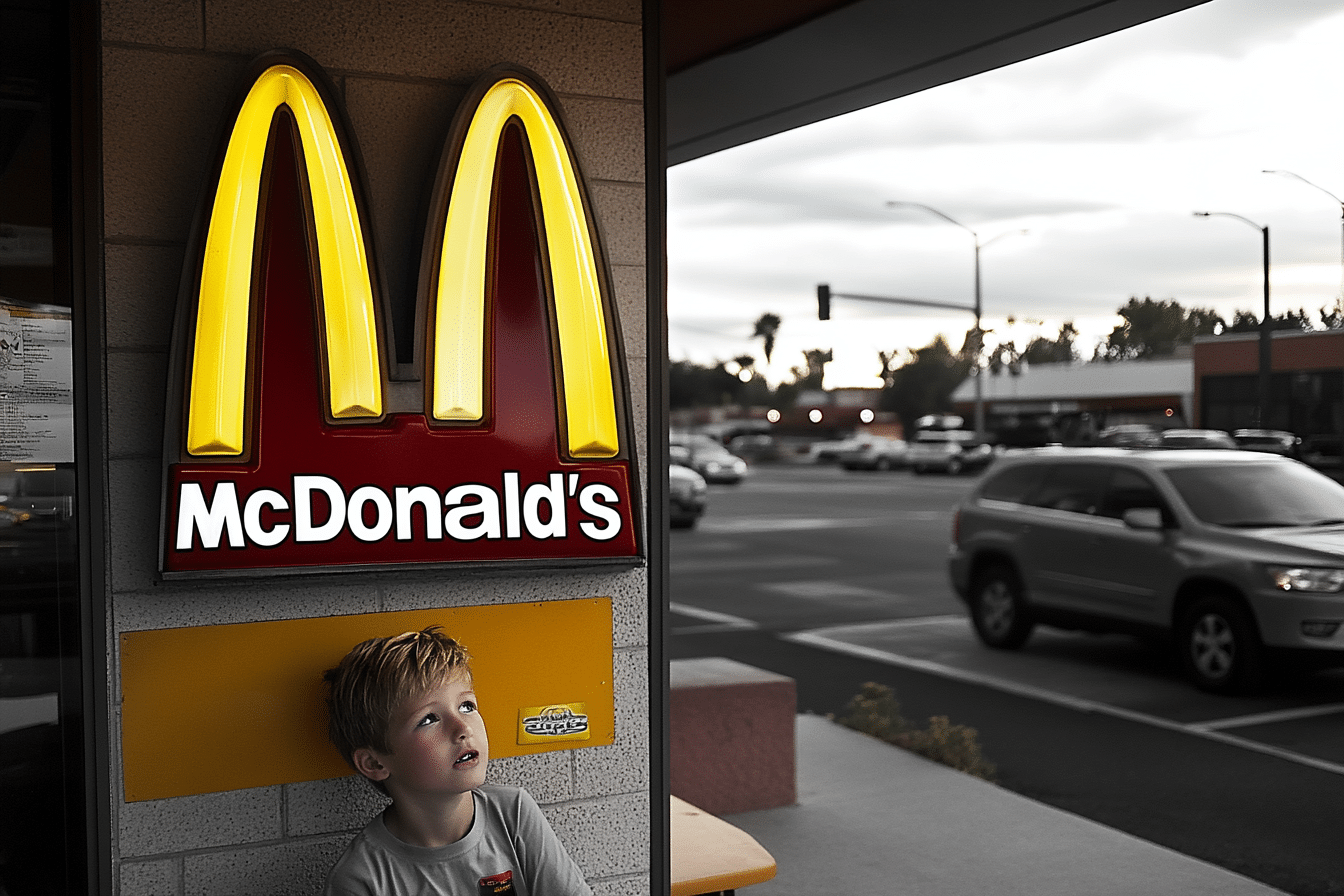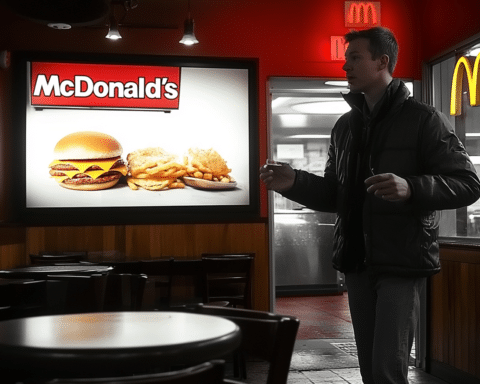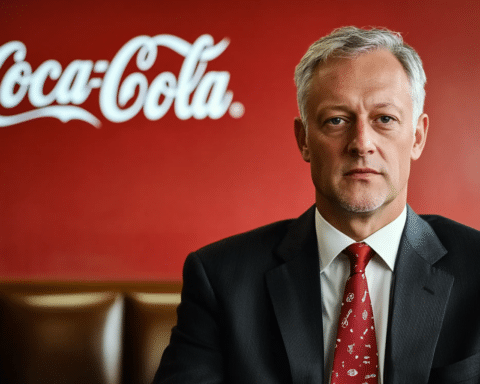As McDonald’s and health authorities work swiftly to address an E. coli outbreak linked to the Quarter Pounder, the fast-food giant must act decisively to regain customer trust and stabilize its business. With cases reported across multiple states, investors and diners anxiously await how McDonald’s responds to this public health crisis.
Impact of the Outbreak and Current Investigation
The Centers for Disease Control and Prevention (CDC) reported that 75 people across 13 states were affected by the outbreak, with at least 22 hospitalizations and one death. Investigations have pointed to slivered onions, supplied by Taylor Farms, as the likely source of contamination. “It really shouldn’t take that long” to identify the contamination source, said Dr. Thomas Jaenisch, an epidemiology professor at the Colorado School of Public Health.
Health authorities are also investigating whether the onions or Quarter Pounder beef patties are responsible for the outbreak. Although McDonald’s has removed Quarter Pounders from affected areas, the CDC warned that more cases may surface. Xiang Yang, a professor at UC Davis, cautioned that contaminated food could have already traveled across state lines, spreading E. coli further.
McDonald’s Crisis Management Efforts
In response to the crisis, McDonald’s released statements outlining containment efforts and shared a video from McDonald’s USA President Joe Erlinger to reassure customers. On NBC’s *TODAY*, Erlinger emphasized that McDonald’s food and beverages remain safe to consume. Jo-Ellen Pozner, a business professor at Santa Clara University, noted the importance of transparency but warned, “It takes safety seriously… but heightened media coverage risks scaring consumers.”
Experts like Dr. Darin Detwiler from Northeastern University recommend further measures to prevent future contamination. He advised, “Don’t wait until the lawyers or inspectors say you have a problem… that is being proactive.” Additionally, attorney Bill Marler suggested McDonald’s offer compensation to victims, saying, “They just need to be seen as a good corporate player… to bounce back quickly.”
Lessons from Similar Outbreaks
History shows that while some chains recover quickly from food safety incidents, others struggle. Wendy’s faced an E. coli outbreak two years ago with minimal long-term impact. However, chains like Chipotle and Jack in the Box suffered years of financial and reputational damage from foodborne illnesses.
A KeyBanc analyst, Eric Gonzalez expressed some optimism about McDonald’s ability to manage the crisis, stating, “It’s a very sophisticated organization with a sophisticated supply chain.” Gonzalez acknowledged, however, that the outbreak disrupts the company’s momentum just as it tries to regain market share from rivals.
Potential Legal and Financial Consequences
McDonald’s is already facing lawsuits tied to the outbreak. Plaintiffs, including Clarissa DeBock of Nebraska and Eric Stelly of Colorado, are suing for damages exceeding $50,000 each after contracting E. coli. “McDonald’s has nowhere to hide,” said Marler, emphasizing the company’s legal responsibility for contaminated food. Although the lawsuits will attract media attention, Pozner believes they will unlikely threaten McDonald’s long-term survival, noting that McDonald’s is “as ubiquitous as Coke.”
Rebuilding Trust and Looking Ahead
McDonald’s must swiftly act to reassure customers and maintain investor confidence. While the outbreak poses a serious challenge, the company’s rapid response shows potential to contain the damage. However, experts stress that further steps—such as bolstering sanitation procedures and offering compensation—will be necessary.
Moving forward, McDonald’s must focus on restoring consumer trust while maintaining competitive pricing and value meals. As Detwiler warned, “Assume there could be something in your state, and check out your product… that is corporate social responsibility.”
Trust is paramount in the fast-food industry. McDonald’s can learn from its competitors’ experiences to ensure this crisis becomes a temporary setback rather than a long-term problem. A proactive approach will help the brand recover and reestablish itself as a trusted name in fast food.





